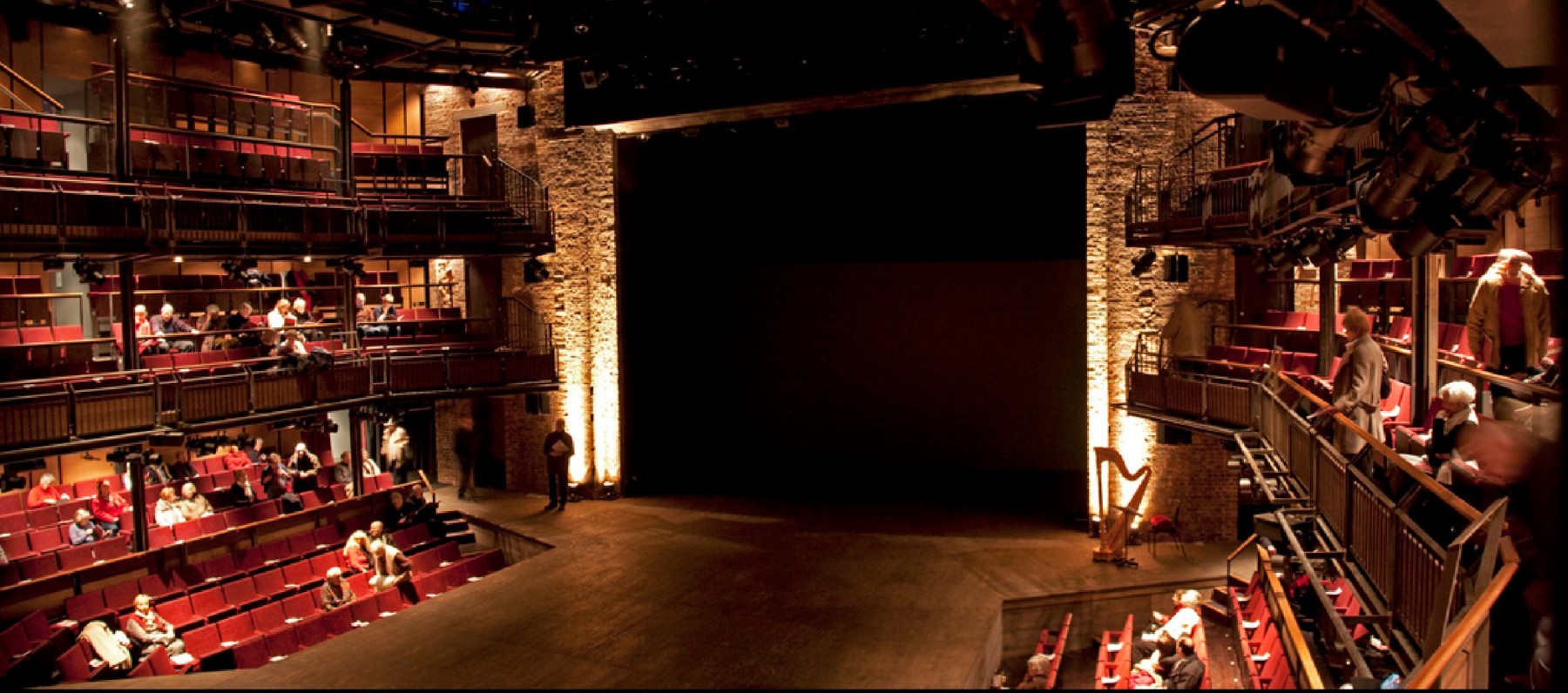Should children be taught theatre etiquette?
Two of our writers go head to head about whether children should be taught how to conduct themselves in a theatre.
For – Sophie Davies
Susan Elkin has argued in the Stage that children should be taught theatre etiquette and describes a ‘disturbing’ experience of an RSC First Encounter performance of The Taming of the Shrew. I can only sympathise. Once at a production of Fame, which was not particularly brilliant anyway, my night was disturbed by the constant chattering of a child who was sitting behind me. She was clearly interested in the show, as she kept asking her mother questions about the plot, but she was speaking at full volume and the babble never seemed to stop.
During the interval, another irritated audience member politely asked the mother to keep her daughter quiet. The mother reacted very badly to this request and the noise continued for the rest of the show. This is a perfect example of how children can spoil a production for other theatregoers. Five years down the line and I am still quite bitter about it!
High ticket prices, particularly for commercial productions, West End musicals and plays featuring celebrities, give audiences high expectations of their whole theatregoing experience, not just the show itself. They want to be able to concentrate on the show to enjoy it as much as possible, so it is naturally annoying when a nearby child is talking, fidgeting or noisily eating. Although this kind of behaviour is also annoying in cinemas, the money spent on a visit to the theatre leaves you feeling even more cheated when something has ruined the experience.
In cinemas, as well, the sound is amplified loudly around the audience while theatre relies much less on sound as spectacle and more on the ability to listen closely to a playwright’s language.
Children should certainly be taught how to behave appropriately at the theatre. This responsibility lies largely with the parents. Firstly, they must select suitable introductory shows where their children are less likely to become confused or restless. Musicals like Charlie and the Chocolate Factory are much more child-friendly than Fame, Chicago or Endgame!
Secondly, they must teach their children to respect other audience members by trying to be as silent and still as possible. Parents should ensure their children’s comments and questions are saved until the interval, or the end of the show. Schoolteachers also have a duty to teach theatre etiquette, since many children visit the theatre for the first time on a school trip.
Finally, I would never discourage children from encountering the wonderful, creative experience of theatre, which is a crucial component of education. Howevever, just as parents and teachers must teach their children where certain expectations of behaviour are due at home and in the classroom, they should also be responsible for their propriety at the theatre.
Against – Laura Primiceri
What seems unfair about this debate is that the demographic that is under scrutiny, 10-13 year olds, is unfortunately underrepresented. When the discussion is taking place in national newspapers and among arts professionals on Twitter, these children called ‘raucous’ by Susan Elkin are conspicuously silent.
The problem is that people in this age bracket are old enough to have formed opinions on the matter, but do not have much of a platform to express them from. If an adult doesn’t enjoy a performance, they can vent about it online and write scathing reviews, pitch a fit at the theatre company themselves for a refund, even walk out; these aren’t options available to children. The only means of protest they have available to them is by disengaging from the production. Loudly.
First Encounter, the production company for the disrupted performance which sparked the debate, acknowledges the outreach project, which aims to encourage children to develop an interest in Shakespeare, will only work ‘if the show’s good enough’. And maybe it wasn’t; what adult has the right to maintain that a show is age appropriate when its target audience is apparently uninterested?
We shouldn’t be teaching children to ignore or stifle their opinions, or encouraging young audiences to be passive receptors to plays they do not find entertaining. The point isn’t that the audience has an obligation to the performers to find their play interesting, it’s precisely the other way round.
In any case, it seems to me that the complaint being issued is more against school groups than children as individuals. I would personally agree that a school group is more likely to disturb a performance than a young child with a parent. But shouldn’t that shift the accusations more towards the schools that organise the trips? If it’s a school outing, the theatre should be treated with the same attitude as a classroom; respect towards the adult(s) at the front, but with the expectation that the material provided will be age appropriate and engaging. The relationship has to work both ways.
Some responsibility should also be attributed to the theatre itself. Ideas along the lines of the ‘tweet seat’ idea may not be amiss: delegated seats for student groups that are out of the way, stricter rules about bringing mobile phones (or providing wifi), not selling sweets in the foyer etc. Steps could be taken to reduce distractions and temptations.
A final note: are we all forgetting how annoying anybody can be at the theatre? That irritating couple that you couldn’t prise apart if you threw your programme at them, the old dude heavy breathing next to you, that fidgeting woman creaking her seat… Why are kids the only ones being penalised?
Maybe it shouldn’t be children getting etiquette lessons on the theatre, but theatres recieving education on how to make productions more accessible to children.

Comments (1)